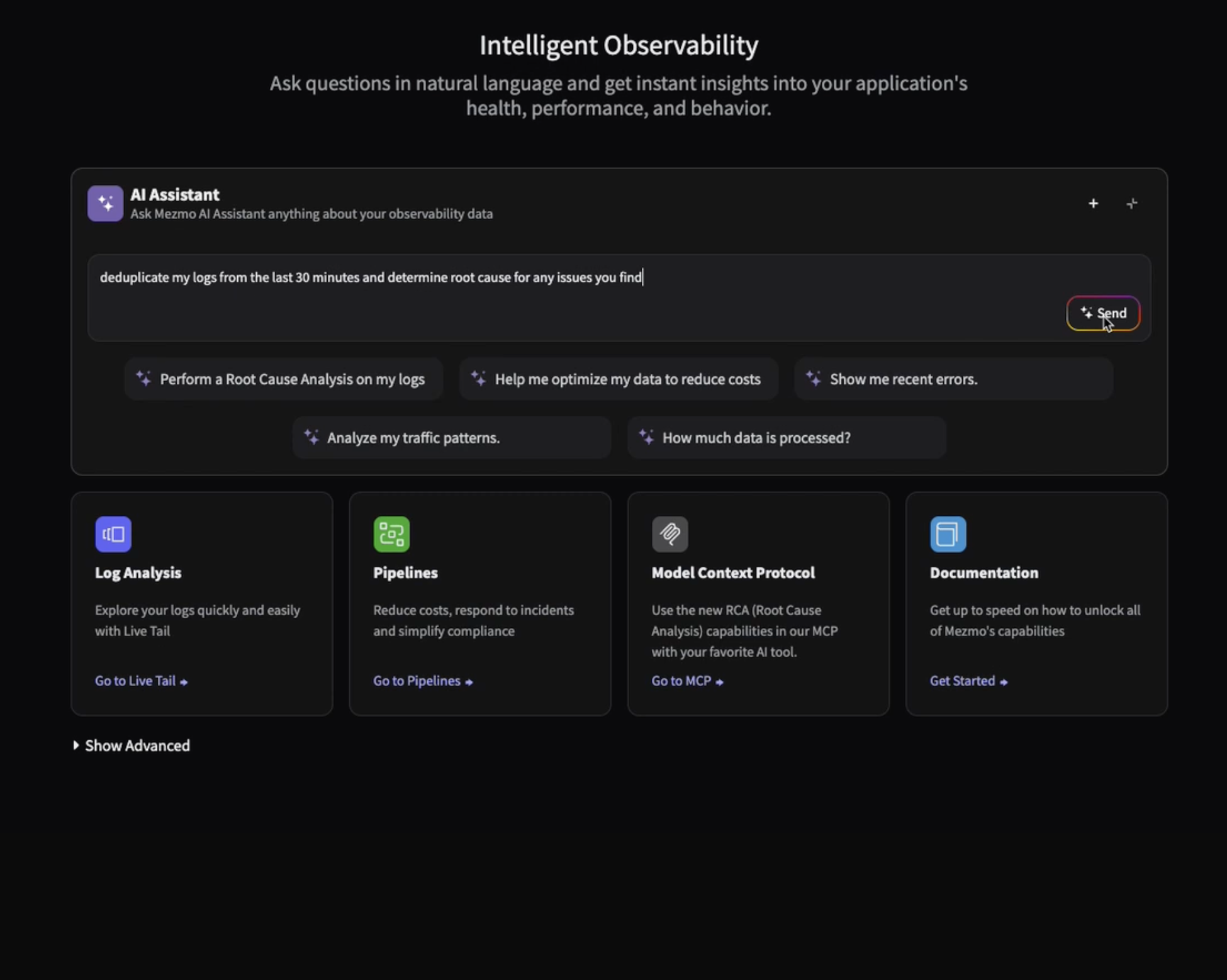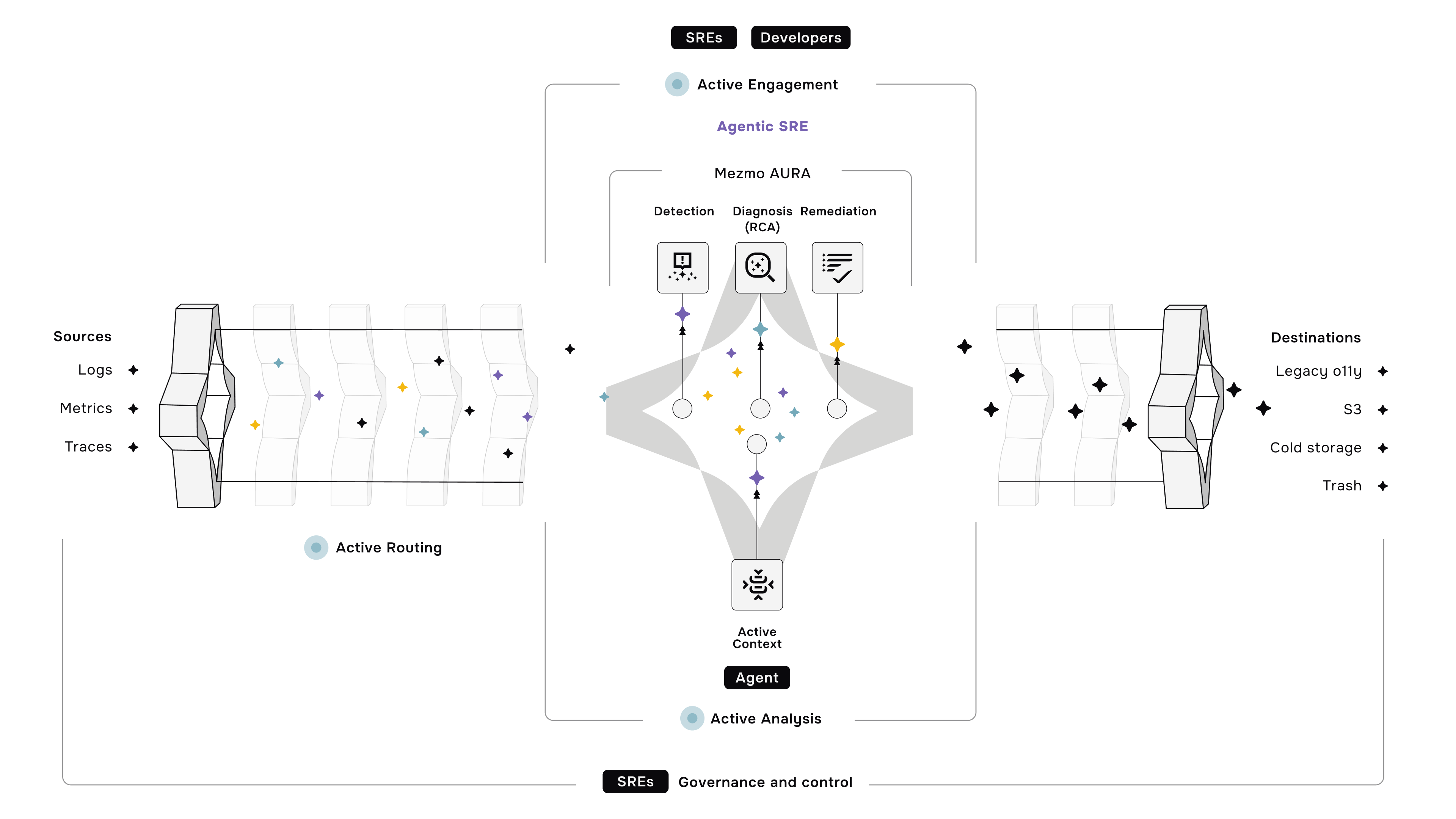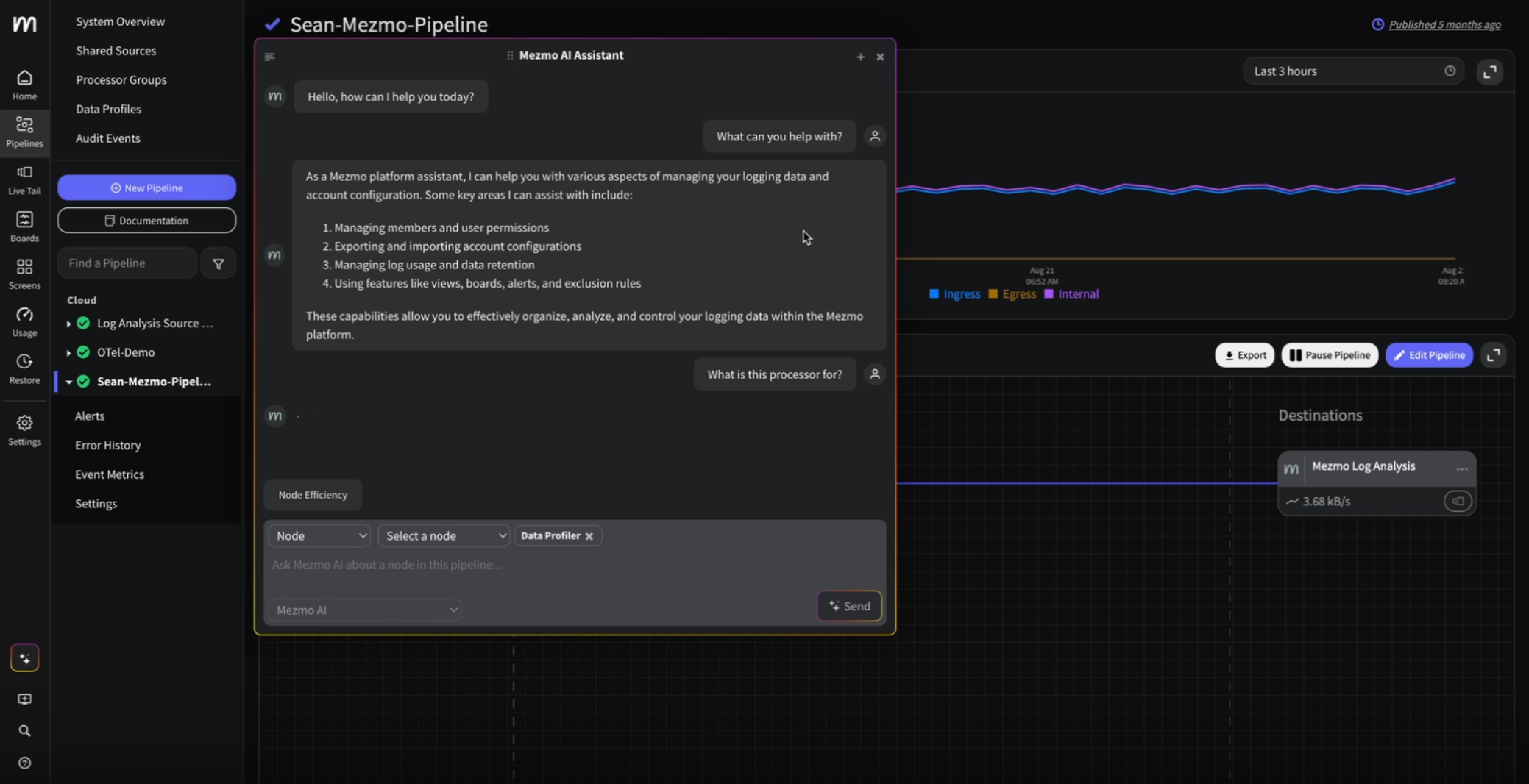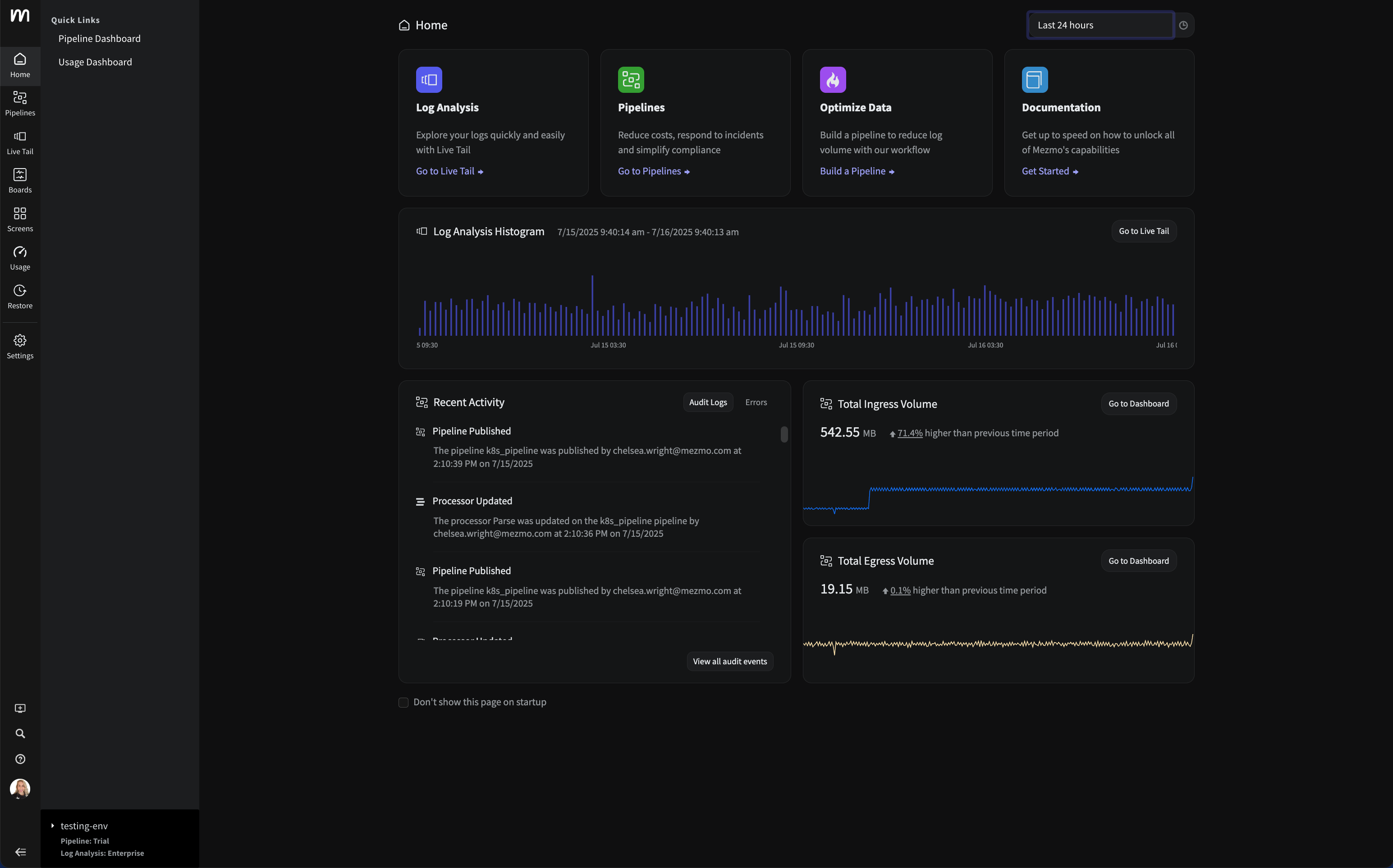Kubernetes in a Nutshell
What is Kubernetes?
In addition to being the Greek word for helmsman, Kubernetes is a container orchestration tool that enables container management at scale. Before we explain more about Kubernetes, it is important to understand the larger context of containers.
What are Containers?
Broadly, containers isolate individual apps within a consistent environment and can be run on a wide variety of hosting providers and platforms. This enables developers to test their app in a development environment identical to their production environment, without worrying about dependency conflicts or hosting provider idiosyncrasies. When new code is deployed, the currently running containers are systematically destroyed and then replaced by new containers running the new code, effectively providing quick, stateless provisioning. This is especially appealing to those using a microservices architecture, with many moving parts and dependencies.While containers in themselves ensure a consistent, isolated environment, managing a multitude of individual containers is cumbersome without a purpose-built management tool, like Kubernetes. Instead of manually configuring networking and DNS, Kubernetes not only lets you deploy and manage thousands of containers, but also automates nearly all aspects of your development infrastructure. In addition to networking and DNS, Kubernetes also optimizes sharing machine resources across containers, so that any given machine, or node, is properly utilized, reducing costly inefficiencies. This is particularly powerful at scale since you effectively eliminate a significant chunk of DevOps overhead.To learn more, check out this handy getting started guide. If you're feeling bullish on Kubernetes and want to learn more about your logging options, read Logging with Kubernetes should not be this painful.


.png)


.jpg)












.png)
























.png)





























































